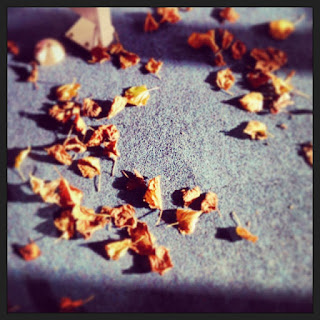A revised poem to start this post.
Thanks must go to Juncture 25 for helping me to make sense of what I had written. I knew that something in the poem wasn't right but could not put my finger on it.
A little poem that I've been working on for some time.
Here's Anne Briggs and Bert Jansch with Blackwaterside.
Thanks must go to Juncture 25 for helping me to make sense of what I had written. I knew that something in the poem wasn't right but could not put my finger on it.
In
his head it is always summer,
he
refuses autumn permission
to
taint even a single leaf.
Across
impossibly green lawns,
in
high ceilinged rooms,
where
fans churn stale words,
he
replays his life:
driving
that new red car;
dancing
at his wedding;
pausing
in the departure hall
surrounded
by all those people.
Where
are they now?
Outside
his head rain tattoos the tin roof.
Summer
has gone missing,
spring
is eighteen months late
and
freak weather has reduced his world.
All
across the English Archipelago
survivors
fear their neighbours,
eat up seed stocks,
worry
about the sea level,
or
that the water will rise in a moving wall
and
sweep them away, once and for all.
There was that night some discussion as to whether you can have a two stanza poem or if it needs three stanzas to work. Not bound to the Hegelian Dialectic I am happy with two.A little poem that I've been working on for some time.
LIBRARY
QUIZ
An
improvised library lesson.
Old
books, a random collection,
grown
over more time than my life.
Yellow
postcard, typed questions,
the
e lower then the other letters.
All
the facts we were told are in this room.
I
couldn't find the answer I was looking for,
it
was the books that were dumb,
I
knew what it was as soon as I saw the question.
I
walked up to Mr. Farr, all tweed and fag ash,
pointed
in the direction of the nature books
and
told him a bee dies when it stings.
I
gambled on his laziness,
but
not him stopping the class,
and
announcing no one had ever found
that
fact in these books before.
It
was fair, he said, to give credit
where
credit was due.
This
was the start of my career as a liar.
It happened like it is written back when I was 11. Though I cannot remember why I wanted to answer the question in the first place.Here's Anne Briggs and Bert Jansch with Blackwaterside.
































